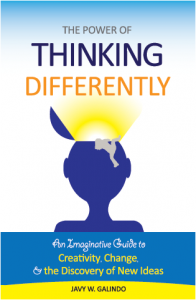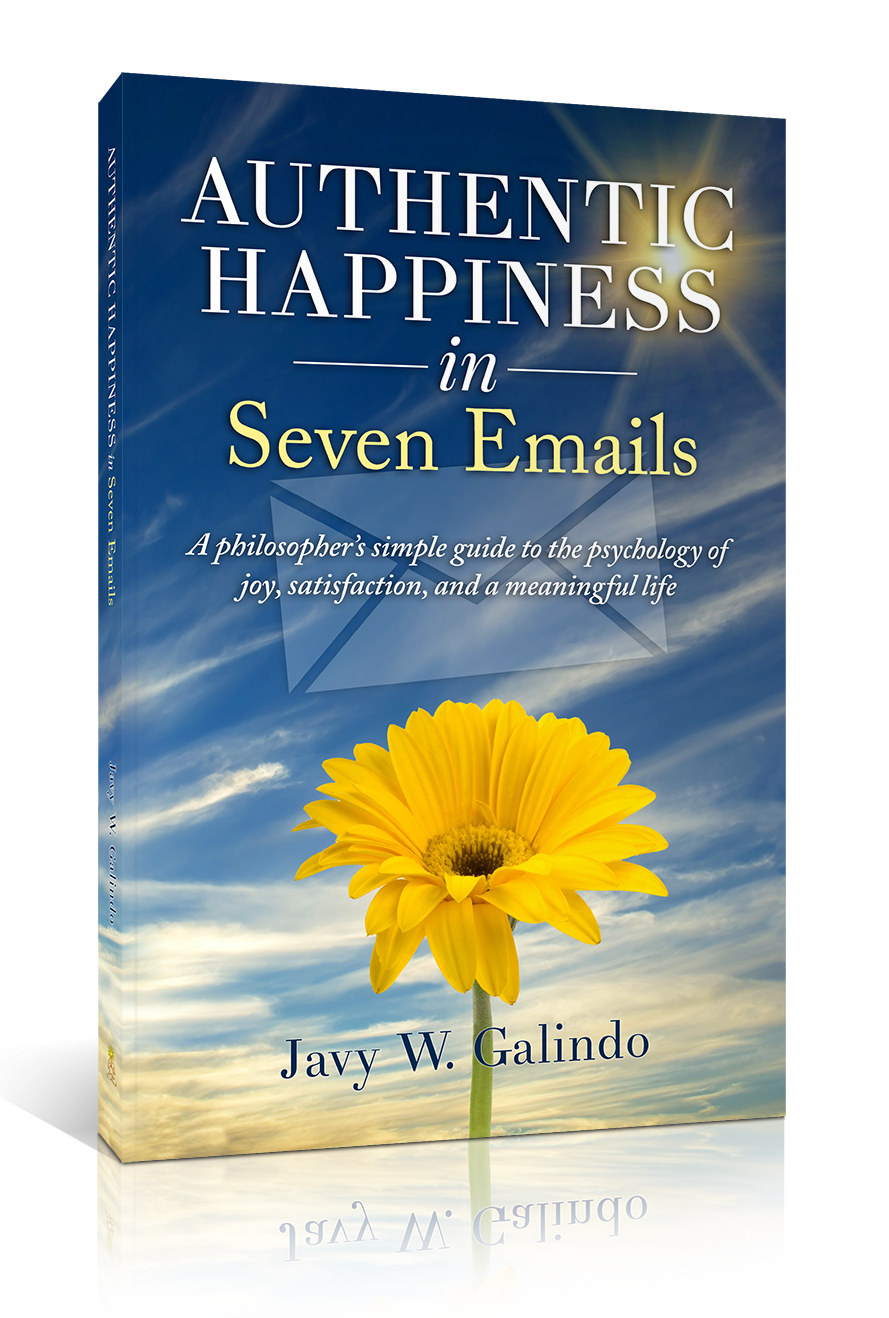 For some, over time, the world becomes monotone, dull, and no longer enchanting. However, when we realize that our dominant perceptions are only one out of an infinite number of possible perceptions, the world becomes anew.
For some, over time, the world becomes monotone, dull, and no longer enchanting. However, when we realize that our dominant perceptions are only one out of an infinite number of possible perceptions, the world becomes anew.
When we can accept the inherent mystery of the world, it becomes vibrant and alive.
It is for this reason that in my talks I often emphasize how creative thinking enables people to enliven their world, since it enables people to access the multiplicity of perspectives inherent in every moment. It is also why I began my book by addressing this notion.
As children, we exercised our creative faculties to explore all sorts of fascinating ideas. Perhaps you conjured up bizarre stories, made interesting music that bothered the neighbors, or created deformed ashtrays out of clay. Or maybe, you were a clever entrepreneur selling street side lemonade. I still remember holding a raffle when I was just 10 years old—at my aunt’s wedding! What crazy 10-year-old tries to profi t from their aunt’s wedding?
Actually, as children, we always had a tendency to do things differently than adults—some of it good, some of it not so good. Nevertheless, the world was enchanted and mysterious—always full of possibilities.
But then, at some point in our lives, we began to think that we actually knew the world. Maybe, we didn’t say it out loud, but many of us began to behave as if we no longer needed our imaginations to fill in the blanks. We neglected our creative faculties in order to learn the way things are so that we could do things the way they are supposed to be done.
The world of possibilities became the world of the impossible. Rather than use our imagination to explore ideas, we began to use some form of rationality to avoid mistakes and failures by limiting our exploration. No more playing with mud because we might get dirty, people may look at us funny, or we might catch some funky mud disease that no one has ever heard of.
Consequently, for far too many of us, the world became less mysterious. It became un-enchanted and lifeless because we forgot how to make it come alive.
I was inspired to publish this post because of a wonderful TED lecture given by writer and producer J.J. Abrams, the creator of TV shows such Felicity, Alias, Lost, and The Fringe, as well as films such as the latest Star Trek. In the lecture, he describes the importance of a “mystery box” for enchanting an audience.
It is this spirit of mystery that we all have access to when we are able to realize that there are more ways to perceive every moment than we could ever imagine.



